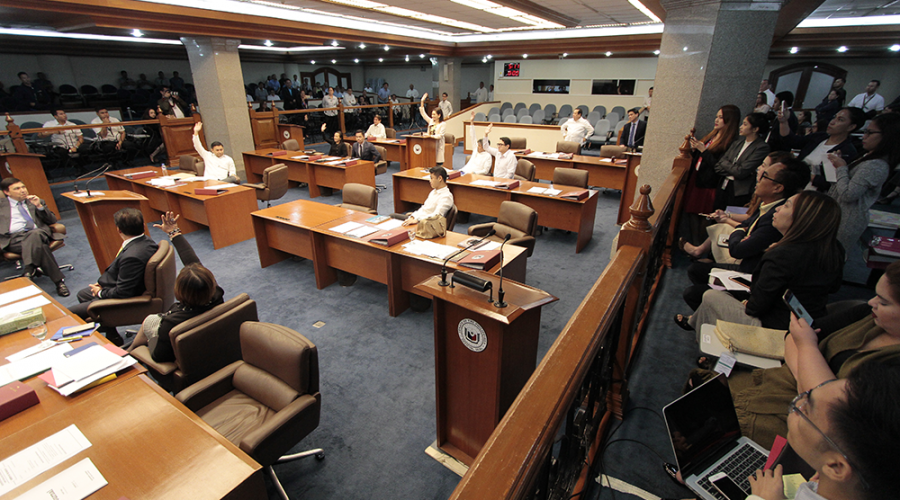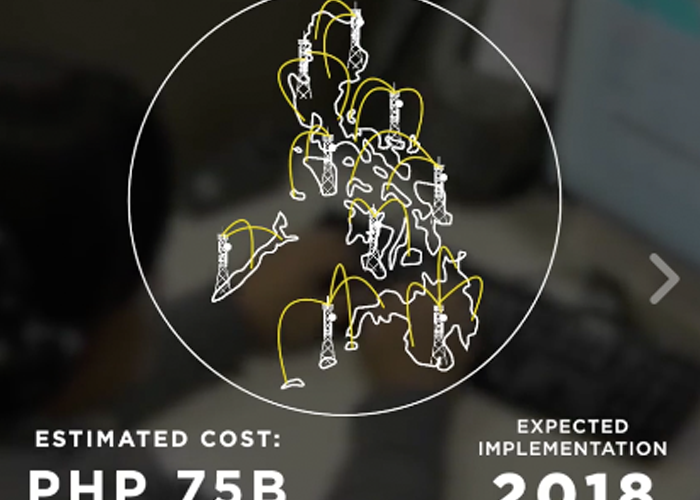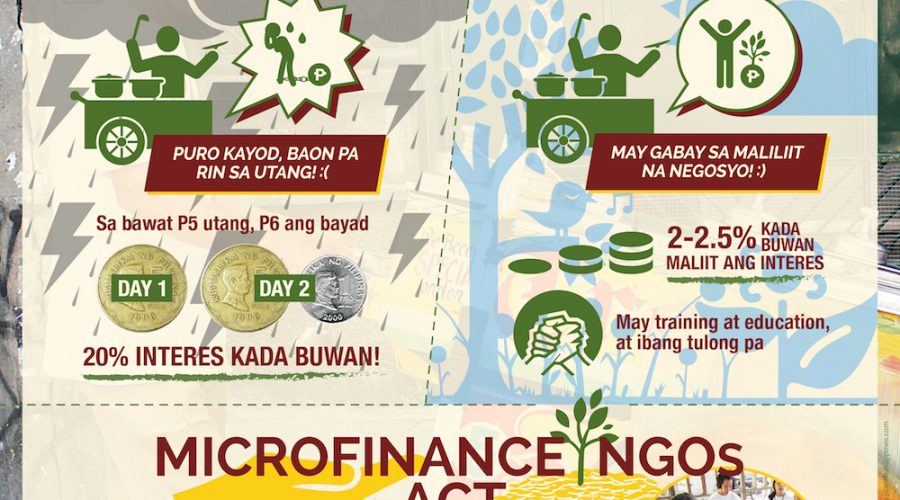Sen. Bam Aquino
Sen. Bam to DICT: Present approved nat’l broadband plan to stakeholders
With the approval of the national broadband plan, Sen. Bam Aquino called on the Department of Information and Communications Technology (DICT) to present it stakeholders, experts and other concerned groups for suggestion and scrutiny.
“Masaya tayo’t inaprubahan na ng pamahalaan ang national broadband plan na makatutulong upang mapaganda ang kalidad at mapalawak ang sakop ng internet sa bansa,” said Sen. Bam, chairman of the Committee on Science and Technology.
“Now that the plan is approved, we call on DICT to present it to stakeholders, experts and other concerned organizations for scrutiny and suggestion to ensure that it will be an effective one,” he added.
According to Sen. Bam, the committee will conduct a hearing where the DICT can provide details of the plan, which was approved by President Duterte during Monday’s 13th Cabinet meeting.
During last year’s committee hearing, Sen. Bam said the DICT presented three options to implement the P75-billion plan, including its preferred way of investing in Internet infrastructure, like fiber optic cables, especially in underserved and hard-to-reach areas.
Under this option, the government will also use the existing infrastructure of current players while encouraging new players to develop new Internet infrastructure.
The DICT is expected to come out with a final national broadband plan by the 2nd quarter of 2017. The project is expected to be finished in about 2 to 3 years.
Sen. Bam is the principal sponsor of Senate Bill No. 1277 or the Free Internet Access in Public Places Act, which is being currently tackled in the plenary.
If enacted into law, free internet access will be provided in all national and local government offices, public schools, public transport terminals, public hospitals and public libraries.
Sen. Bam’s Senate Bill No. 1050 is included in Senate Bill No. 1277. It seeks to connect all public educational institutions to the internet to help students enhance their personal and academic development.
Senate OKs Microfinancing Non Profits that Help the Poor
A measure strengthening non-government organizations (NGOs) that provide micro financing to the poor who want to start their own business has been passed by the Senate on third and final reading Monday.
Principally sponsored by Senator Bam Aquino, Senate Bill No. 2752 or the Microfinance NGOs Act was approved by the Senate with around 100 beneficiaries from different parts of the country in attendance.
“The approval was a victory for all microfinance NGOs, which, for decades now, have been helping the government’s poverty alleviation program without getting anything in return” said Sen. Bam, chairman of the Senate Committee on Trade, Commerce and Entrepreneurship.
“The passage of this measure is recognition of their crucial role in lifting our fellow Filipinos from poverty and enabling the poor to build their own businesses and create their own sustainable livelihood,” he added.
Sen. Bam hopes that the Microfinance NGOs Act will also encourage more institutions to help in the promotion of the development of micro businesses all over the country.
Sen. Bam said microfinance NGOs provide low-interest, no collateral financing to those who want to start their own small business, luring them away from loan sharks or more commonly known as “5-6”.
Microfinance NGOs offer a variety of loans – from business, housing, educational and medical – to low-income households with an average nominal interest rate of 2 to 2.5% and a usual loan cycle of 6 months.
“Mabigat po talaga ang mangutang sa 5-6 dahil halos lahat ng kinikita mo sa araw-araw, doon napupunta. Sa MFI NGOs, magaan na hulog, mahaba pa ang palugit,” said Resureccion Aquino, owner of “Angels” figurines and ceramic display and a beneficiary of a P75,000 from Kasagana-ka Development Center, Inc. (KDCI).
Aside from loans, microfinance NGOs also provide training programs and seminars to enhance the entrepreneurial skills and financial literacy of their borrowers.
“Nakakuha na kami ng pautang, nabibigyan pa kami ng libreng insurance at mayroon pang training para sa dagdag na kaalaman,” said Rosana Santos, owner of J-Anmos Homemade Products and a recipient of a P50,000 loan from KDCI.
The bill also provides microfinance NGOs needed support and incentives that includes access to government programs and projects, technical assistance and exemption from taxes.
“With this Act, we will be able to reach more Filipinos in poor communities, enabling us to fulfill our mission as an institution – lifting the poor out of poverty and bringing our nation towards development,” said Dr. Aris Alip, founder and managing director of Center for Agriculture and Rural Development – Mutually Reinforcing Institutions (CARD-MRI).
CARD-MRI is the biggest MFI NGO in the country, with around 1,780 branches in different parts of the Philippines.
“The support that the bill accords to microfinance NGOs would ultimately benefit the enterprising poor in terms of greater affordability, accessibility, and variety of micro finance programs and services geared towards the expansion of their livelihoods and furthering their transformative contributions to community development,” the Microfinance Council of the Philippines said in a statement.
With the House version of the measure already approved, a bicameral conference committee meeting will be held in the coming days to consolidate and finalize the provisions before it will be transmitted to Malacanang for President Aquino’s approval.
Transcript of Sen. Bam Aquino’s Interview after the Internet Hearing
Q: Is NTC capable of ensuring na mabilis ang Internet?
A: Si Commissioner Corboda, said it for the record, currently, wala silang kapangyarihan na i-dictate ang presyo pero nasa kanilang poder na mag-set ng mga minimum standards. Ito ang hinahanap natin sa susunod na hearing and they’re coming up with the memorandum circular on the matter.
Sabi ko naman hindi puwede na ang stated rate, o ang napapangakong rate at iyong minimum standard mo napakalayo, kailangan naman may batayan pa rin iyon.
So they’ll come up with suggestions, one is iyong possible amendments sa RA 7925. Napag-usapan din kung dapat bang gawing basic service ang Internet service kasi sa ngayon, value-added service lang siya.
Pangatlo, napag-usapan din kung paano maabot ang hard-to-reach areas. DOST has a current pilot using iyong frequency ng TV o tinatawag na white space project. There’s already a pilot in Bohol at iyong pilot sa Bohol ay doon sa mga palaisdaan.
In that area, using the white space frequency, 12 megabytes per second iyong speed nila. Kung tutuusin mas mabilis pa ang white space project na ginagawa ng DOST kaysa doon sa ibang lugar dito sa Metro Manila.
We’re also trying to explore if DOST needs more support para maikalat ang white space project nila para maabot ang far-flung areas.
For the next hearing, pag-uusapan din naming ang Open Access Bill. This is a bill which will help telcos put up more infrastructure. Kasi marami rin sa kanila may mga complaints na pagdating sa local government unit or even mga barangay, hindi rin ganoon kadali para makapagpatayo ng cell sites.
In the end, ang tao din ang nagsa-suffer kasi pangit ang services natin.
In the meantime, we’re waiting for the recommendations of NTC sa Republic Act 7925, sa memorandum circular on minimum speed ng ating telcos.
DOJ is also coming out with a memorandum circular stating na iyong advertisements ng ating telcos, kailangan ding mas malinaw para sa mamamayan natin.
May mga advertisement na nagsasabing unlimited pero hindi naman pala unlimited. Dapat hindi na iyon payagan. DOJ will step in along with DTI to make sure that consumer complaints are also met.
Q: Malaking bagay ba kung magagawa bang basic service ang Internet connection sa speed at presyo?
A: If it becomes a basic service, then government has all the powers to actually regulate it. Currently kasi, dahil commercial transaction ito, walang kapangyarihan ang gobyerno para mag-set ng presyo.
But I will have to admit, this would not happen if we experienced good experience pagdating sa ating Internet. Sabi ko nga kanina, kung maganda ang serbisyo natin, mura, mataas ang kalidad at regular iyong kalidad ng ating Internet, we wouldn’t be having this hearing. Hindi pa mapag-uusapan na gawing basic service ang Internet.
At this point, I think government really needs to step in. Whether it’s getting all players to agree to IP peering, proposing minimum standards to protect our consumers or even just to make sure na ang far-flung areas natin ay mayroon pa ring Internet service.
It’s time government steps in. It’s budget season now, kung kinakailangang maglaan ng pera ang gobyerno para ma-improve ito. Palagay ko dapat napag-uusapan na natin o napa-plano na natin iyan.
Q: Kanina nabanggit niyo doon sa mga ads na maximum usually ang nababanggit, iyong minimum hindi masyado.
A: Actually, magandang clarification nga ni Undersecretary Dimagiba, is that, kahit na may fine print iyan, iyong may asterisk tapos napakaliit na sulat diyan, iyong dahilan pa rin ng consumer complaint is of course the stated number, iyong ‘up to.’
So we’re asking the telcos to state very clearly kung ano ba ang pangako natin sa taumbayan. Ang ‘up to’ kasi, kung iyong ‘up to’ mo naman, ilang oras lang sa isang araw. Ang hirap rin kung iyon ang ina-advertise natin. We should advertise what is our assured speed and people should be paying on the assured speed and not based on ‘up to’, especially kung ilang oras lang sa isang araw mo makukuha iyon.
Q: Pumayag ba ang telcos?
A: They agreed and they nodded. For the record, nag-nod sila babaguhin nila ang advertisement. In fact one of the telcos mentioned that they’ll be doing away with the unlimited advertisement and state already kung anong volume ang puwedeng makuha based on your plan or based on what you paid for.
I think that’s an improvement. At least, in that sense, mas malinaw sa taumbayan na malinaw ang kanyang binabayaran at kung ano ang nakukuha niya.
Q: Kailan po magiging totoo ang ads nila?
A: Soon daw. Soon they won’t have a choice once DOJ comes out with the circular, they have to follow.
I’m hoping na unahan na nila ang circular ng DOJ at baguhin na nila ang ads. I also mentioned to them na tina-track naming ang ads, may ilang ok na at may ilan pa ring vague.
I got their commitment earlier na babaguhin nila ang kanilang practices.
Q: Pagdating sa IP peering?
A: Kailangang pag-usapan na natin iyan. I think at this point, NTC wants to bring in the players. I support that but at the end of the day kasi, if it’s a commercial transaction and not regulated by government, wala kang kapangyarihan na sabihin sa isang grupo na libre na iyan ah.
So, the question is, do we provide the right powers to the NTC so that they can do that. One, which might mean amendments to the law, or two, we come up with an agreement among stakeholders, which I hope is the better solution, so we can push for IP peering among local players.
At the end of the day, ang pinaka-objective naman ng IP peering is all local content, keep it local. Para at last iyong local content natin, di hamak na mas mabilis ang pagtanggap sa ating devices.
Q: Can the government demand it to be mandatory?
A: If we amend RA 7925 and make Internet a basic service, then government will have the power to say that this has to be mandatory. Currently, it’s voluntary at sinasabi ng ibang telco, is that we’re ok with IP peering but we will charge.
To be frank, ako I’m fine with that but we charge the right rates. Kasi what the small ISPs are saying, ang taas ng charge ninyo, hindi naman ma-justify.
Right now, the NTC will try to bring all stakeholders together and hopefully, through these hearings and through meetings, pag-uusapan if they’re gonna stick to kung kailangang mag-charge, at least have a rate that’s acceptable to all. In fairness naman, meron naman silang investment doon.
The other extreme is i-amend mo iyong batas, gawin mong basic service ang Internet, and then have government step in and already regulate the sector, which, again is the extreme example.
The fastest example is just to get all the players to agree, ano ba iyong pinakamagandang patakaran between all of us.



Recent Comments